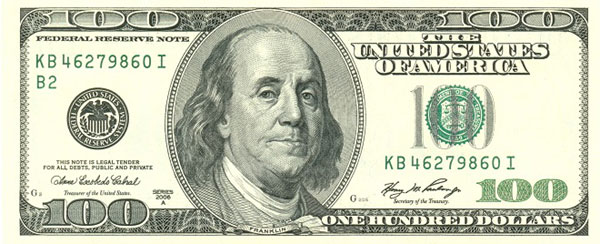Thursday, 29 October 2015 11:04
 TOKYO: The dollar rallied Thursday on the Federal Reserve’s upbeat outlook for the US economy and put a December interest rate rise on the table, while the yen rose on positive Japanese data that tempered talk of fresh central bank stimulus.
TOKYO: The dollar rallied Thursday on the Federal Reserve’s upbeat outlook for the US economy and put a December interest rate rise on the table, while the yen rose on positive Japanese data that tempered talk of fresh central bank stimulus.
Emerging market currencies sank, with South Korea’s won and the Indonesian rupiah among the worst hit on fears of a flight of capital back to the United States as traders look for better, safer investments.
The Fed on Wednesday kept interest rates at record lows but expressed faith in the outlook for the world’s top economy, brushing over recent weak spots — such as under-par jobs growth — and focusing on what it called “solid” consumer spending and business investment.
“The Fed language on tightening in December was a stronger indication than we’ve had from them in a long time about going soon,” Imre Speizer, a senior market strategist at Westpac Banking Corp., told Bloomberg News. “Right now, the US dollar is looking pretty strong.”
The won dropped 1.08 percent against the dollar Thursday, while the rupiah fell 0.77 percent and the Malaysian ringgit lost 0.59 percent. The Australian, Singapore and Taiwanese currencies also retreated.
The greenback has suffered a heavy sell-off in October against emerging units as a string of recent soft US data and ongoing weakness in the global economy — particularly China — fanned expectations the Fed would delay a rate hike until the new year.
Until this month the unit had been soaring this year after the US central bank insisted it would tighten monetary policy.
The greenback climbed to 121.09 yen in New York late Wednesday after the announcement, while the euro fetched $ 1.0921 — up from 120.40 yen and $ 1.1040 earlier in Asia.
However, it dropped to 120.69 yen on Thursday in Tokyo, while the euro was slightly higher at $ 1.0928.
The euro was also lower at 131.89 yen, down from 132.24 yen as better-than-expected Japanese industrial production data dampened expectations the BoJ will ramp up its bond-buying stimulus programme to kickstart the world’s number three economy.
Fresh measures by the central bank, which holds a one-day meeting Friday, would tend to weaken the yen.
“The rebound in industrial production in September and upbeat forecasts for the fourth quarter have reduced the chances that the Bank of Japan will announce more easing tomorrow,” research house Capital Economics said in a commentary.























